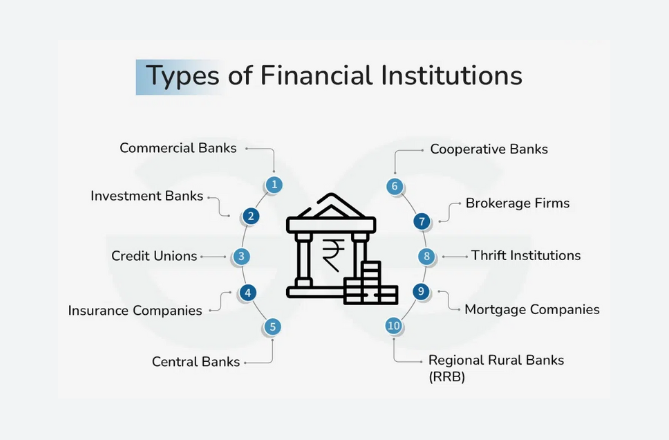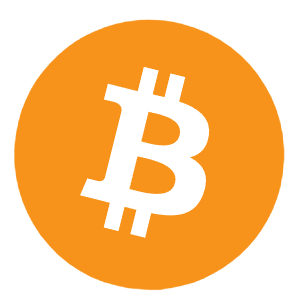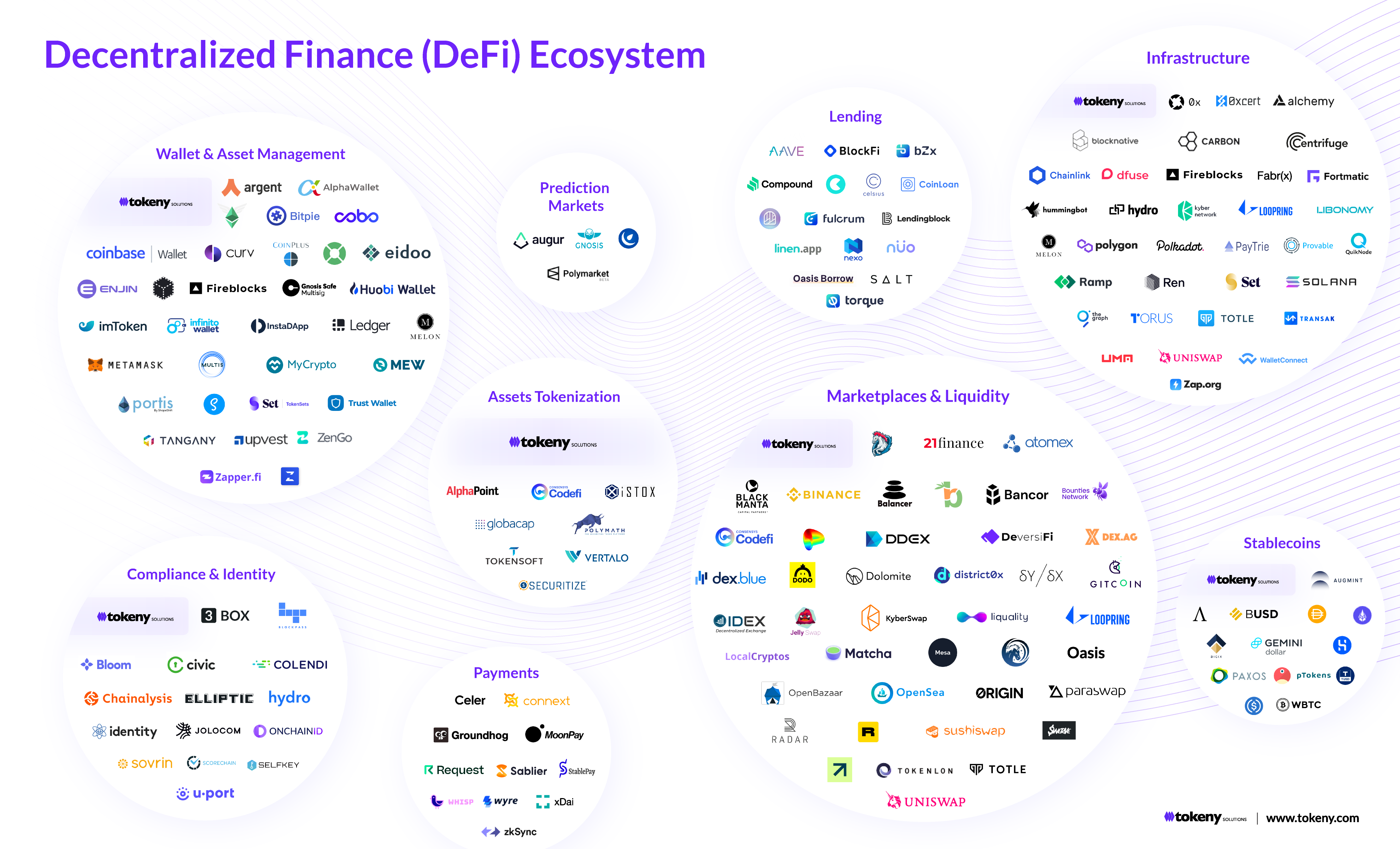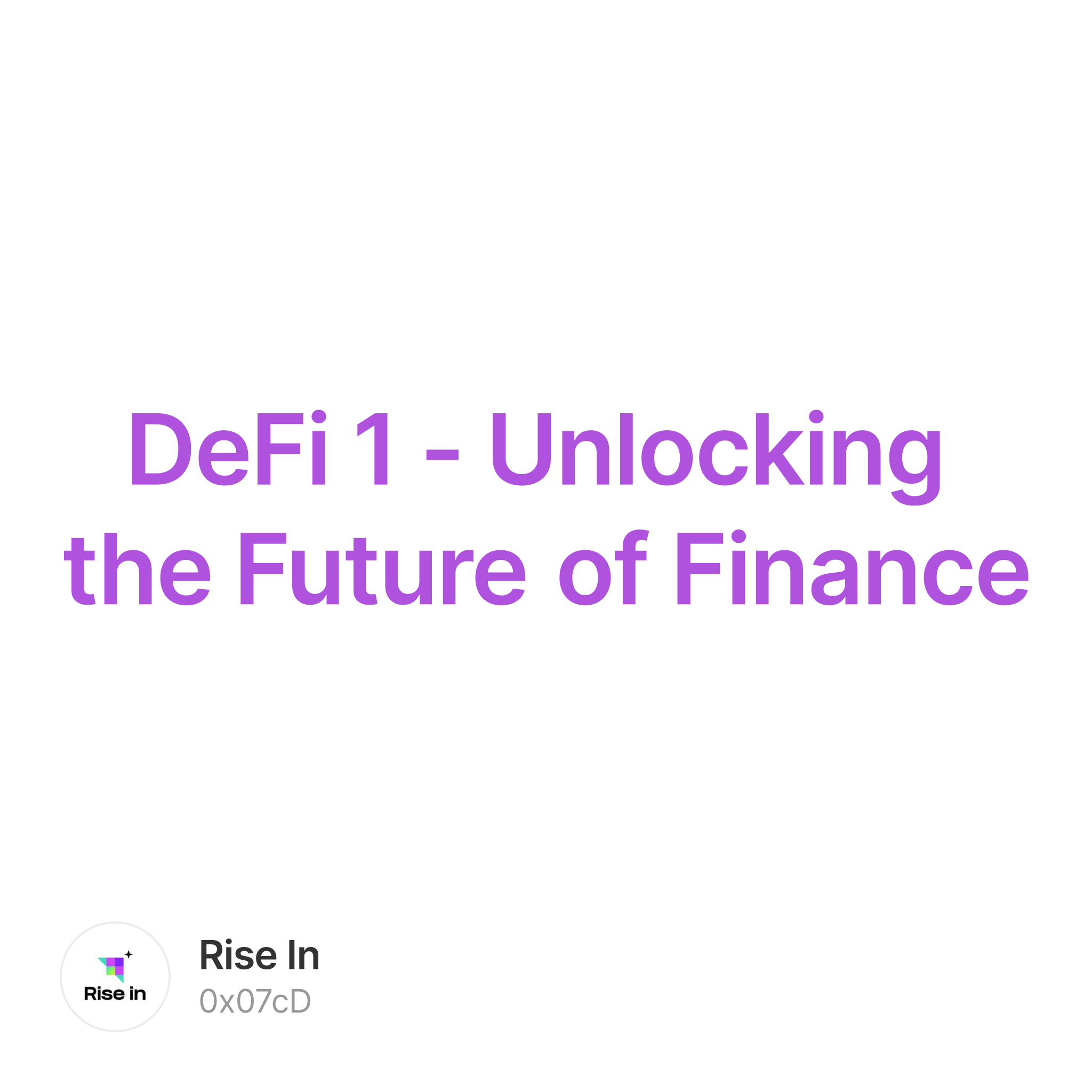Welcome to the first part of our DeFi series! We'll explore what DeFi is and how it can change how we think about money.
What is Finance?
Finance is essentially how we handle money. It includes everything from investing in stocks to taking out loans and saving for the future. We use finance every day, even if we don't always realize it.
Traditional Finance: Centralized Control
Traditionally, finance has been dominated by large institutions like banks. These institutions often:
-
Control our money, with the power to freeze accounts or restrict transactions.
-
Charge high fees for their services.
-
Collect and maintain extensive records of our financial activity.
-
Lack transparency in their operations.

The Birth of Bitcoin: A New Beginning
In 2008, Satoshi Nakamoto introduced Bitcoin, a groundbreaking technology based on blockchain. Bitcoin empowered individuals by allowing them to:
- Control their own money without relying on intermediaries.
However, Bitcoin's functionality was initially limited and didn’t support advanced logical operations.

The Rise of Ethereum: Smart Contracts and Beyond
Ethereum, launched in 2015, introduced a significant advancement: smart contracts. These are self-executing programs that operate on the blockchain, enabling a wide range of decentralized applications, including those related to finance.

What is DeFi?
DeFi, or decentralized finance, leverages blockchain technology and smart contracts to create a new financial system that:
-
Empowers users: You have greater control over your money.
-
Increases transparency: All transactions are visible and auditable.
-
Improves accessibility: Anyone with an internet connection can participate.
-
Fosters community: Users play a key role in the development and growth of the DeFi ecosystem.
DeFi protocols are typically:
-
Open-source: Their code is publicly available for anyone to inspect.
-
Permissionless: Anyone can access and use them without needing permission.
-
Interoperable: They are designed to work seamlessly with other DeFi protocols.
The Future of Finance
DeFi has the potential to revolutionize finance by creating a more fair, transparent and secure system.
DeFi is all about putting the power back to your hands. Unlike traditional finance, where banks and institutions decide the rules, DeFi purely operates on smart contracts.
All the financial instruments you use in traditional finance can also be recreated in DeFi—and in fact most of them have already been created

DeFi allows you to perform the same financial operations, but without sacrificing your privacy, control, or soul. It’s just the beginning of a long journey.
Next up, we will cover the DeFi stack and how assets are tokenized.

